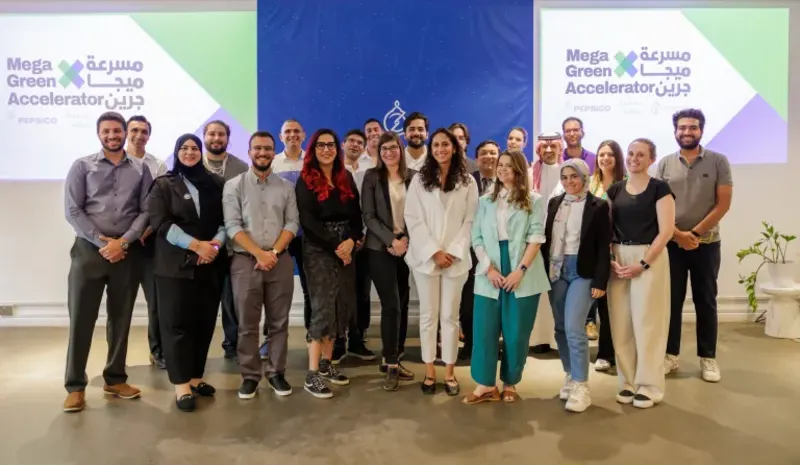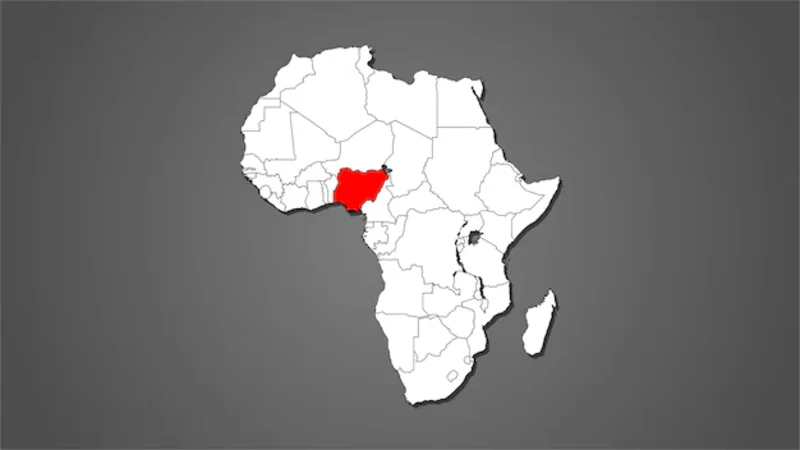
Co-Creation Hub (CcHUB), is introducing The Edtech Fellowship Program, a $15 million accelerator program that will finance and assist 72 entrepreneurs across Nigeria and Kenya over the next three years.
According to the company’s announcement, the accelerator program will promote and magnify the impact of edtech entrepreneurs across Africa, as well as founders bringing tech solutions to tackle learning innovation in an educational sector beset with a slew of difficulties.
Mobile and internet saturation, as well as smartphone access, have grown over time; according to a GSMA Intelligence estimate, mobile phone customers accounted for 46% of Sub-Saharan Africa’s population in 2021, while smartphone usage was 64%.
This has enabled numerous edtech businesses to create digital platforms that have helped thousands of Africans improve their learning and employment chances.
Tencent-backed uLesson, YC-backed Kidato, and LocalGlobe-backed Foondamate, for example, provide learning programs to K-12 kids through various techniques, while Andela and GOMYCODE, among others, connect competent IT workers and students with local and overseas firms.
While these services have had some traction, they have not had a significant impact on Africa’s billion-dollar edtech market.
More edtech initiatives must be developed and supported for this to occur. Meanwhile, with edtech being Africa’s seventh most invested sector, its entrepreneurs have their job cut out for them, according to a survey.
Bosun Tijani, co-founder, and CEO of CcHUB have two hypotheses on why Africa’s edtech growth has stalled and why its businesses are having difficulty attracting investment capital. One, the edtech field is more regulated than the average tech watcher may believe.
Another issue is that startups barely interact with the government or educational institutions, and vice versa. As a result, Tijani believes that starting an accelerator program with a diverse ecosystem might herald numerous success stories and a more mature edtech market.
The fellowship program is aimed at startups in Nigeria and Kenya, the continent’s two largest edtech marketplaces.
The bulk of the roughly 300 firms in both sectors is tutorial apps and platforms that emphasize rote learning. Nonetheless, Tijani stated that the accelerator program would attempt to fund solutions that are outside the box.
According to the CEO, Africa’s $2 billion education sector demands more unconventional solutions today than ever.
And CcHUB, which has previously run so many edtech initiatives (one of which I volunteered for) and supported successful and failed edtech startups through other incubator and accelerator programs, is hopeful of finding such solutions addressing challenges in the K-12, tertiary, and skills-to-jobs markets.
CcHUB plans to tackle this task with the assistance of an in-house research team committed to working with portfolio businesses and testing their products from launch to scaling.
They are part of a 30-person team that will provide product development, government relations, pedagogy and learning science, portfolio management, communication, instructional design, and community building to selected businesses in both locations.
READ ALSO - Cedarview Strengthens Partnership with RackCentre to enhance Last Mile Service Delivery
These groups, by providing shared tools, will be critical to how each business conducts team development, MVP and prototyping testing, go-to-market plans, interaction with organizations, and user feedback. These value-adds will also supplement the original $100,000 cash available to entrepreneurs under the initiative.
“Over the next three years, we will see 72 edtech enterprises released into the market. We believe this will jumpstart the ecosystem and reset it because you can be certain that at least half of them, or 20-30%, will live for another three to four years. And that will tell us whether technology can actually benefit education in Africa,” Tijani said.
In order to assist so many startups in three years, CcHUB’s Edtech Fellowship program will accept 24 entrepreneurs in Nigeria and Kenya each year (12 each).
Furthermore, the fact that these firms received $100,000 in seed funding indicates that the accelerator spent more than $7 million on investments alone.
Tijani, who is also the CEO of Kenya’s iHub, stated that the remaining funds will be utilized for other resources in the accelerator, such as personnel costs and providing support cash to entrepreneurs as they advance.
There is also a mechanism for follow-on investment outside the accelerator program, which will provide diversity and lower risk for seed or Series A investors.
The follow-on capital, according to Tijani, will come from a $50 million edtech fund that CcHUB intends to launch within the next 12-24 months; an anchor investor has devoted an initial $5 million, he said, adding that the innovation hub is in discussions with telcos such as Safaricom and MTN to investigate arrangements that could see them become not only investors in the fund but also distribution partners for edtech solutions in the Fellowship’s portfolio.
(Source)
Tags
CcHUB
Categories
News
Similar News
May 20, 2024

Egyptian and Tunisian Startups Chosen for Climate-Focused Mega Green Accelerator
May 26, 2024

Google to Construct First Subsea Fiber-Optic Cable Linking Africa and Australia
May 21, 2024

Nigerian Startups Secure 30% of $15 Billion Funding by African Startups Over Five Years
Are you a start-up or an entrepreneur in Africa?
Subscribe to our mailing list
